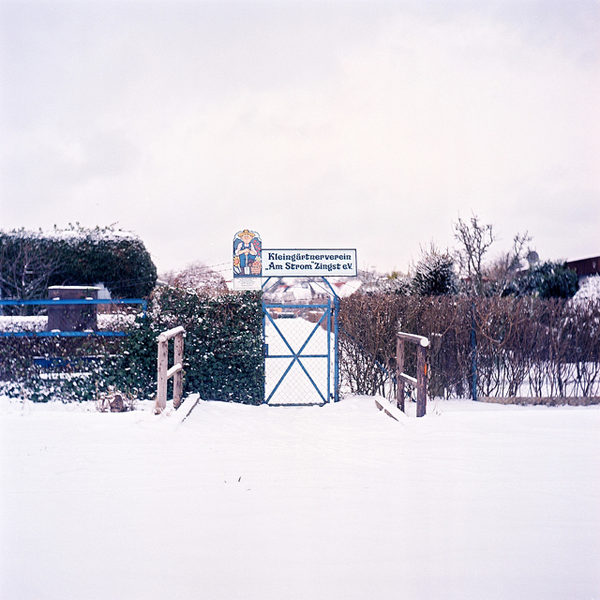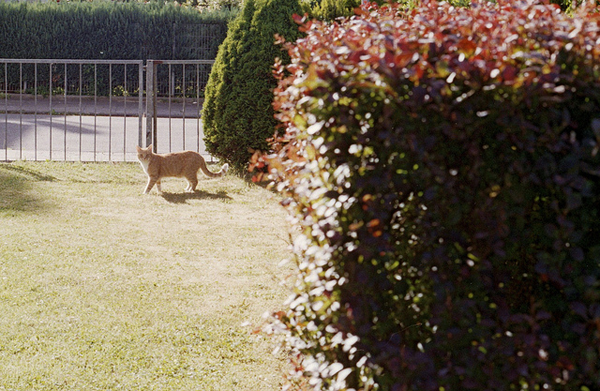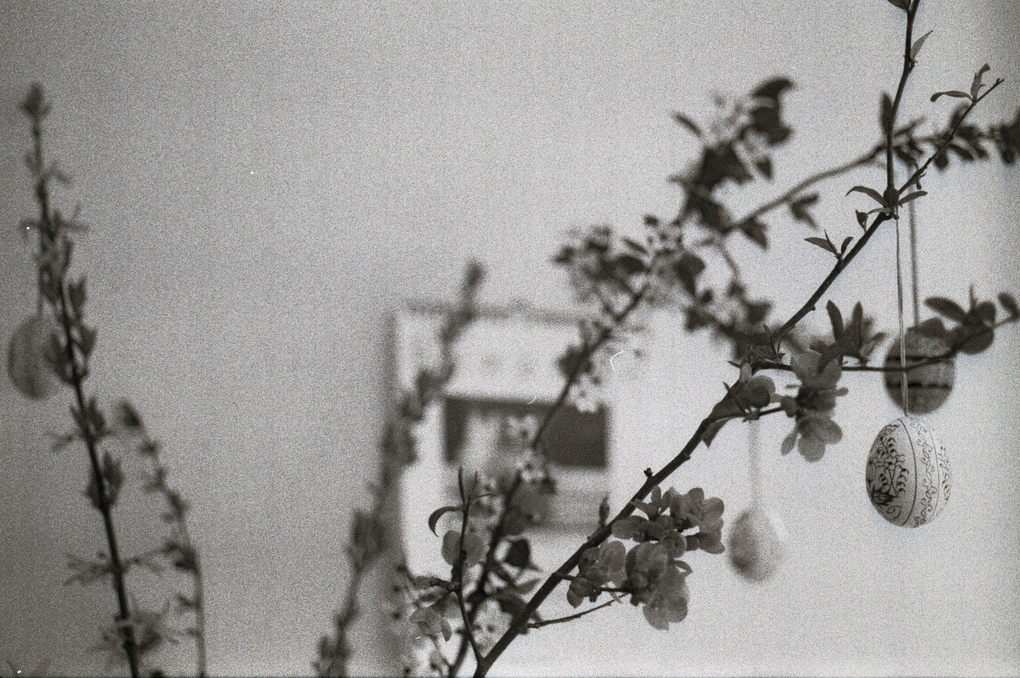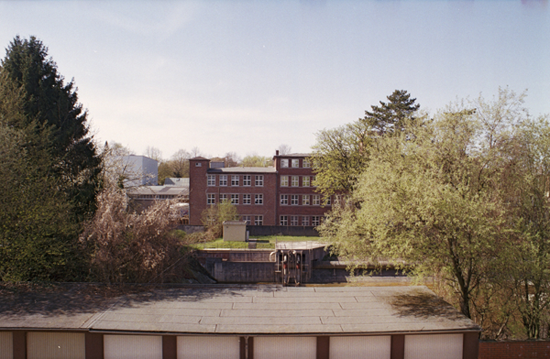
Continuing with the darkroom class at the Volkshochschule. The Spanish class next door is still going on loudly.
There are only five of us in the darkroom, which gives us a lot of freedom to develop our negatives. I still haven’t mastered putting the film in the canister.





